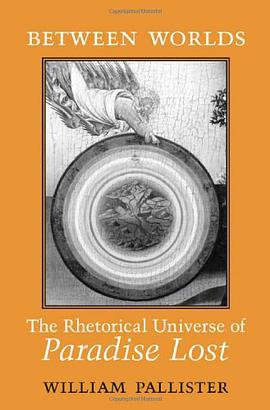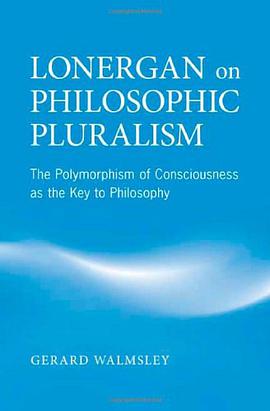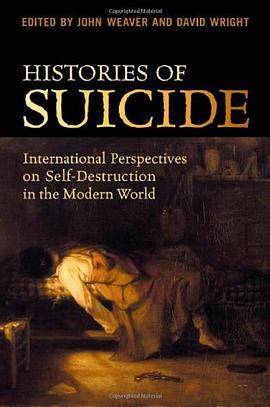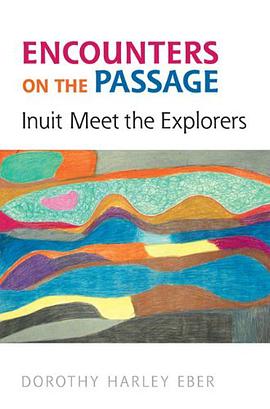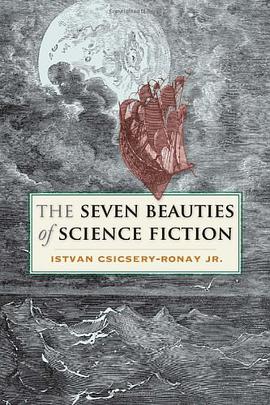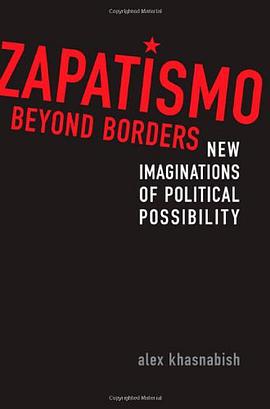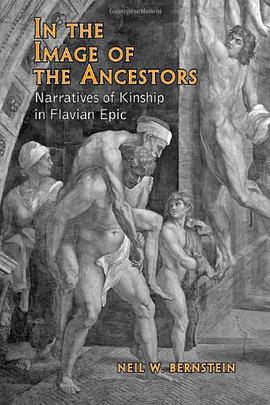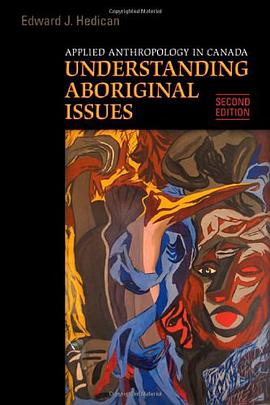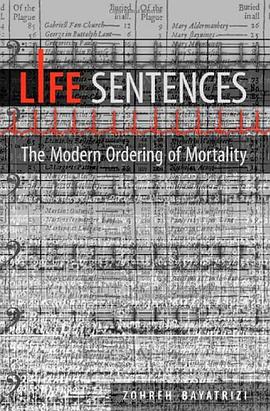

具体描述
Death has popularly had the reputation of being the last of life's great mysteries, a subject of speculation, and as a foreboding event both inevitable, and feared. In Life Sentences, Zohreh Bayatrizi examines the many concerted attempts from the last 350 years to strip death of its mystery, and to order, manage, and transform it from an individualized and fatalistic event to a social phenomenon that allows intervention. She examines the process that has caused death to be understood in five quasi-biblical commandments: "thou shalt not die violently; thou shalt not die prematurely; thou shalt not kill thyself; and thou shalt not die an undignified death, so that thou shalt die an orderly death." Beginning with John Graunt's Natural and Political Observations Made upon the Bills of Mortality (1662) - considered the first book of statistics - and philosopher Thomas Hobbes's declaration that society must minimize the "greatest evil" of unsanctioned violent deaths, Bayatrizi traces the pivotal moments that have changed our understanding of death. While illuminating the history of our increasingly rationalized understanding of death, she also examines some of our most contradictory reactions to controversial topics such as suicide, euthanasia, suicide bombing, "collateral damage," and how our moral values have been shaped by an understanding of the proper place of a well-ordered death in modern society. Both historically rigorous and vigorously engaged in contemporary debates, Life Sentences will be of interest to anyone interested in how we deal with death before we die.
作者简介
目录信息
读后感
评分
评分
评分
评分
用户评价
相关图书
本站所有内容均为互联网搜索引擎提供的公开搜索信息,本站不存储任何数据与内容,任何内容与数据均与本站无关,如有需要请联系相关搜索引擎包括但不限于百度,google,bing,sogou 等
© 2026 book.wenda123.org All Rights Reserved. 图书目录大全 版权所有



